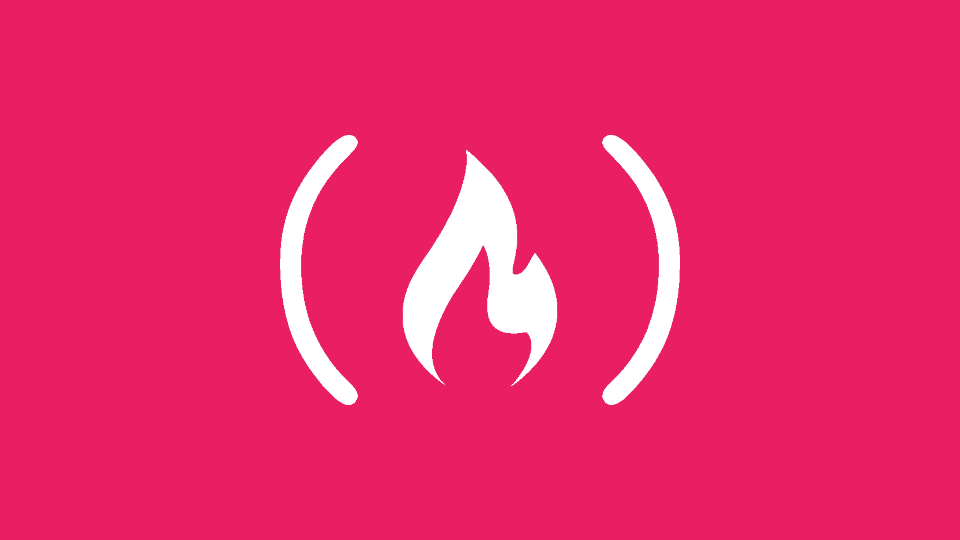Timestamp Microservice

This project is a little more involved than the last one, but it's still pretty simple on the ASP.NET Core front.
This microservice involves reading the URL string and making decisions based on what you find in it. As before, the result of your microservice should return JSON - and we will be using the same technique as we did in the last course to generate that JSON.
Project setup
To get ready to code this time, I generated a starter project for you with all the basic work done already - no more tedious line-by-line deleting and pruning. You can find this project on GitHub, or you can clone it directly from your command line.
Git via SSH
If you use SSH for your Git operations, run:
git clone -b v0.1.0 --single-branch git@github.com:/christianlevesque/fcc-timestamp-microservice.git
cd fcc-timestamp-microservice # or wherever you cloned the repo to
git switch -c masterIf you clone my repository, don't forget to change your remote repository! Set up your own GitHub repository, then run:
git remote set-url origin git@github.com:/your_git_username/your_repo_name.gitGit via HTTPS
If you use HTTPS for your Git operations, run:
git clone -b v0.1.0 --single-branch https://github.com/christianlevesque/fcc-timestamp-microservice.git
cd fcc-timestamp-microservice # or wherever you cloned the repo to
git switch -c masterIf you clone my repository, don't forget to change your remote repository! Set up your own GitHub repository, then run:
git remote set-url origin https://github.com/your_git_username/your_repo_name.gitProject requirements
The Timestamp Microservice will be hosted at /api/timestamp. We will use Nginx to route requests to the microservice the same way we did for the Request Header Parser Microservice.
Additionally, the microservice must meet these seven requirements:
- You should provide your own project, not the example URL.
- A request to
/api/timestampshould return the current time as a UNIX timestamp in a JSON object on theunixkey - A request to
/api/timestampshould return the current time as a UTC date string in a JSON object on theutckey - A request to
/api/timestamp/{date}with a valid date should return that date as a UNIX timestamp in a JSON object on theunixkey - A request to
/api/timestamp/{date}with a valid date should return that date as a UTC date string in a JSON object on theutckey - Your project can handle dates that can be successfully parsed by
new Date(date_string)in JavaScript - If the input date is invalid, the API returns an object having the structure
{"error": "Invalid Date"}
Note: A UNIX timestamp is the number of seconds since the UNIX epoch, which is midnight on 1 Jan 1970. However, FreeCodeCamp wants the number of milliseconds since the UNIX epoch, so we will have to be aware of that when we write our microservice.
Also note: The UTC date string is expected to be in the format: Thu, 01 Jan 1970 00:00:00 GMT.
As before, let's go over these requirements one at a time.
You should provide your own project, not the example URL.
Just like the last project, you need to provide a URL to a live example of your code running on the internet. You can't pass in their example application URL.
A request to /api/timestamp should return the current time as a UNIX timestamp in a JSON object on the unix key
If the user doesn't supply a date to convert to a timestamp, you should assume the current time. The current time should be included in the JSON response in a numeric field called unix. If the request was made on midnight on Christmas Day, 2015, their response would be:
{
"unix": 1451001600000
}A request to /api/timestamp should return the current time as a UTC date string in a JSON object on the utc key
If the user doesn't supply a date to convert to a timestamp, include the current time in the JSON response in a text field called utc. If the request was made on midnight on Christmas Day, 2015, their response would further be:
{
"unix": 1451001600000,
"utc": "Fri, 25 Dec 2015 00:00:00 GMT"
}A request to /api/timestamp/{date} with a valid date should return that date as a UNIX timestamp in a JSON object on the unix key
The user can optionally supply a date in the URL string. If they do, you should use the supplied date instead of the current time in your timestamp response. The response schema is the same as if you were using the current time.
A request to /api/timestamp/{date} with a valid date should return a JSON object on the utc key that is a string of the input date in the format: Thu, 01 Jan 1970 00:00:00 GMT
Just like with the unix key, if the user supplies a date in the URL string, use that to generate the utc key instead of the current time. The schema and format are the same.
Your project can handle dates that can be successfully parsed by new Date(date_string) in JavaScript
Remember how I said that FreeCodeCamp curriculum is mainly JavaScript-based? This is one of the side effects of that. Fortunately, the JavaScript Date constructor accepts either a Number representing the milliseconds since the UNIX epoch, or a standard UTC date string. .NET Core can parse these date formats without issue
If the input date is invalid, the API returns an object having the structure {"error": "Invalid Date"}
In our last application, we returned an HTML string, <h1>Bad request</h1>, if the request didn't meet all the requirements. However, that wasn't a requirement of the first microservice - that was just something we added for our own usage. In this application, a JSON response is expected with an error message if there's a problem.
A little more work
This microservice is going to be a little more complicated than the last one. As you can see from the project requirements, there are actually two endpoints our app has to respond to: /api/timestamp and /api/timestamp/{date}. We're going to use this opportunity to learn about middleware in ASP.NET Core.